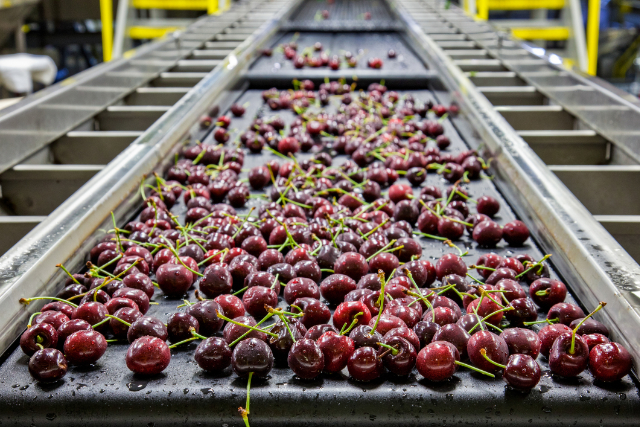
In our modern world, where food travels across vast distances and reaches our tables from various sources, maintaining food safety is paramount. One crucial aspect of ensuring the freshness and quality of perishable goods is the establishment of a reliable cold chain. From farm to fork, every step of the supply chain must prioritize temperature control to prevent spoilage, maintain nutritional value, and safeguard public health. Let's delve into the significance of cold chain reliability and its impact on food safety.
Maintaining the appropriate temperature throughout the cold chain is vital for preserving the freshness and quality of perishable products. Whether it's fresh produce, dairy, meat, or seafood, each item has specific temperature requirements to inhibit bacterial growth and maintain optimal texture, flavor, and appearance. Deviations from the required temperature range can lead to accelerated spoilage, resulting in a significant loss of quality and potentially unsafe products reaching consumers.
Cold chain reliability plays a crucial role in extending the shelf life of perishable goods. Proper temperature control slows down the natural degradation process, reducing enzymatic activity and microbial growth. By maintaining consistent cold temperatures, producers, distributors, and retailers can effectively extend the shelf life of products, minimizing waste and maximizing profitability. This not only benefits businesses but also reduces food waste and ensures a sustainable food supply chain.

One of the primary reasons for establishing a reliable cold chain is to ensure food safety and protect public health. Temperature fluctuations or inadequate refrigeration can promote the growth of harmful bacteria such as Salmonella, E. coli, or Listeria, which can cause foodborne illnesses. These illnesses can lead to severe health complications, hospitalizations, and even fatalities. By maintaining proper cold chain protocols, the risk of bacterial growth and foodborne diseases can be significantly mitigated, safeguarding consumers' well-being.
Various regulatory bodies and industry standards exist to ensure the safety and integrity of the cold chain. Governments and organizations worldwide have established guidelines that dictate the proper handling, storage, and transportation of perishable goods. Adhering to these regulations is not only essential for legal compliance but also demonstrates a commitment to food safety and consumer protection. Reliable cold chain practices are fundamental to meeting these requirements and maintaining a high level of trust within the industry.
In today's discerning consumer market, where people are increasingly conscious of the quality and safety of the products they consume, a reliable cold chain is instrumental in building consumer confidence. When individuals can trust that the food they purchase has been handled and transported under optimal conditions, it instills peace of mind and reinforces brand loyalty. Businesses that prioritize and invest in maintaining a robust cold chain system can gain a competitive edge by differentiating themselves as providers of safe, high-quality products.
Established in 1973, Interstate Cold Storage is a leader in cold storage facilities, shipping and distribution, with a network of facilities strategically located across the Midwest. Headquartered in Fort Wayne, Indiana, ICS is a family-owned company with five locations and nearly 22 million cubic feet of refrigerated space. According to the International Association of Refrigerated Warehouses, ICS is a top 20 North American refrigerated warehousing company. The facility network currently supports temperature ranges from -15°F to 35°F with multi-room, multi-temp offerings. Interstate Cold Storage is a subsidiary of the Tippmann Affiliated Group and has two facilities in Columbus, OH; one in Napoleon, OH; and two in Fort Wayne, IN. For more information, call 260-428-2505 or visit https://interstatecoldstorage.com/.





